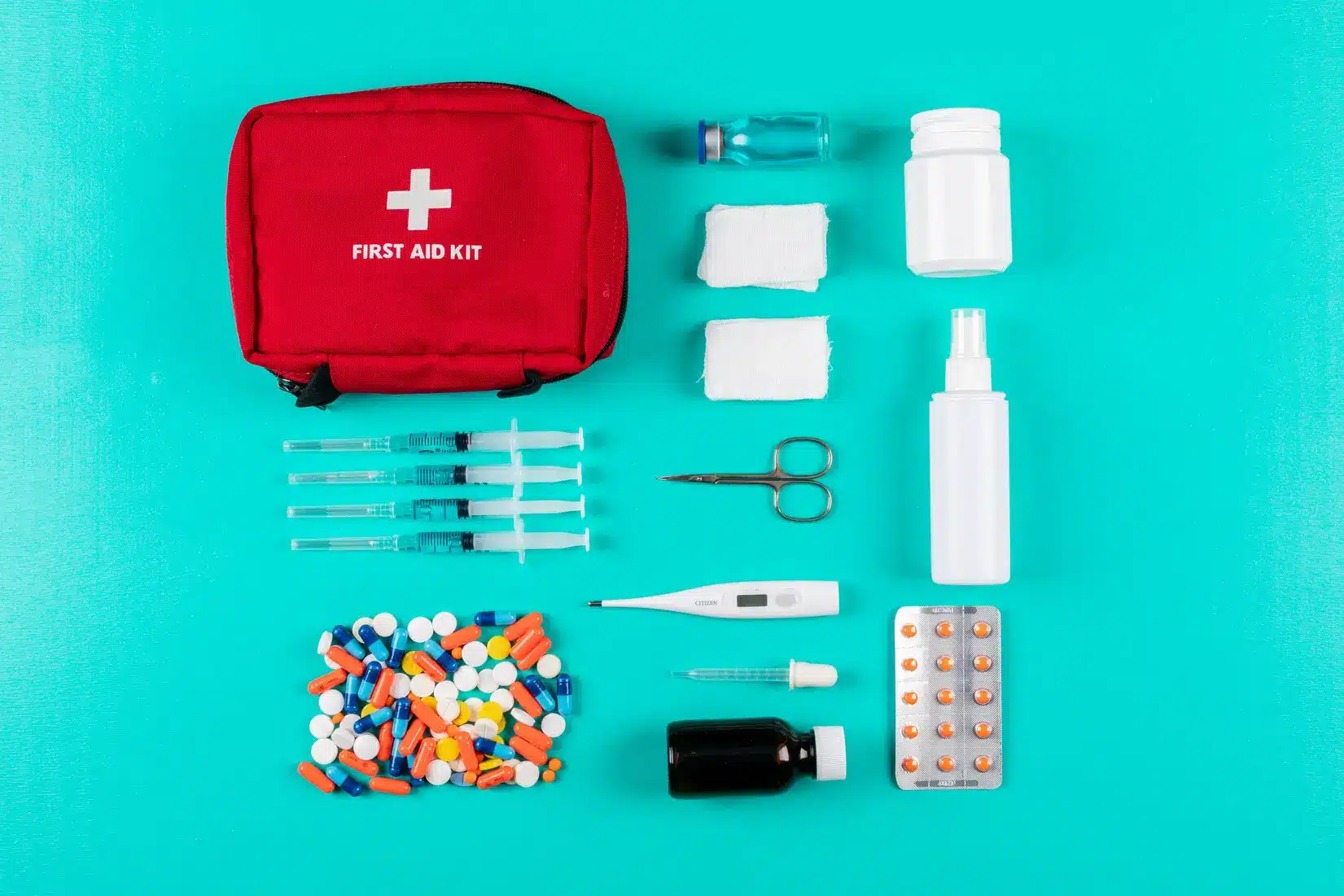Ultimate Guide To Teething is an inevitable milestone for every baby, but it can also be one of the most challenging periods for both the baby and the parents. As your baby’s teeth begin to emerge, it’s essential to understand the timing, symptoms, and ways to ease their discomfort. In this guide, we’ll take you through everything you need to know about teething in babies, from the first signs to tips for pain relief.
Ultimate Guide To Teething Tips for Parents
The Ultimate Guide To Teething helps parents understand baby teething stages, recognize symptoms, and apply safe remedies to reduce discomfort, making this milestone easier for both baby and family.
When Does Teething Start?
Teething generally begins around 6 months of age, though it can happen earlier or later for some babies.
The first teeth to appear are typically the lower front teeth, followed by the upper front teeth.
Most babies will have a full set of 20 primary teeth by the age of 3, but the timing can vary.
Some babies may get their first tooth as early as 4 months, while others might not get their first tooth until after their first birthday.
Signs and Symptoms of Teething
Every baby reacts differently to teething, but there are common signs and symptoms that can help you recognize when your baby is going through this phase:
-
Excessive Drooling: As their teeth begin to break through the gums, your baby may drool more than usual. This can lead to irritated skin around their mouth and chin.
-
Irritability and Fussiness: The pain and discomfort caused by teething can make babies more irritable. They may cry more often and be difficult to soothe.
-
Biting and Chewing: Babies instinctively bite down on objects to relieve the pressure on their gums. You might notice them chewing on their fingers, toys, or even your clothes.
-
Swollen or Tender Gums: You may notice that your baby’s gums are red, swollen, or even have small bumps where the teeth are coming in.
-
Changes in Eating and Sleeping Habits: The discomfort of teething can affect your baby’s appetite, making them less interested in feeding. Sleep may also be disrupted due to the pain.
-
Mild Fever: Some babies may experience a low-grade fever (below 100.4°F or 38°C) while teething, though a high fever is not typical and should be evaluated by a doctor.
How Long Does Teething Last?
Teething can last for several months, with the pain and discomfort varying in intensity as each tooth breaks through. Generally, babies begin teething around 6 months and continue until they have all their primary teeth by age 3. The duration of teething pain can differ with each baby, but with the right care, you can help minimize their discomfort.
Pain Relief for Teething Babies
Teething can be painful for your baby, but there are several ways to help relieve the discomfort. Here are some effective methods to soothe a teething baby:
-
Teething Rings and Toys: Providing your baby with a safe, cooled teething ring or toy can give them something to chew on and help relieve the pressure on their gums. Make sure the toy is soft and free of any harmful chemicals.
-
Cold Compress: A cold, damp washcloth or chilled teething ring can be soothing on swollen gums. The cold helps numb the pain and reduce inflammation.
-
Gum Massage: Gently massaging your baby’s gums with a clean finger can help alleviate some of the pressure and provide comfort.
-
Pain Relief Medication: If your baby seems to be in significant discomfort, consult your pediatrician about using over-the-counter pain relievers like infant acetaminophen or ibuprofen. Be sure to follow the recommended dosage.
-
Teething Biscuits: Once your baby starts eating solid foods, you can offer them soft teething biscuits or other baby-friendly snacks to chew on. This can provide both relief and a fun distraction.
-
Maintain Comfort: Keeping your baby comfortable and calm through teething is important. Provide extra cuddles and attention, and make sure their environment is soothing and quiet.
When to See a Doctor
While teething can cause some discomfort, it should not cause severe distress. If your baby experiences symptoms like a high fever, diarrhea, or rash, it could be due to an illness unrelated to teething, and you should consult a doctor. Likewise, if your baby seems to be in excessive pain that doesn’t improve with home remedies, a pediatrician can offer additional guidance.
Read more about Getting Babies to Sleep Tips…
Conclusion
Teething is a challenging phase for both babies and parents, but with the right strategies, you can make it a little easier for your little one.
By understanding the signs and symptoms, providing effective pain relief, and offering plenty of comfort, you can help your baby navigate this milestone with less discomfort.
Remember, teething is a temporary phase, and before you know it, your baby will have a full set of teeth to show off!




